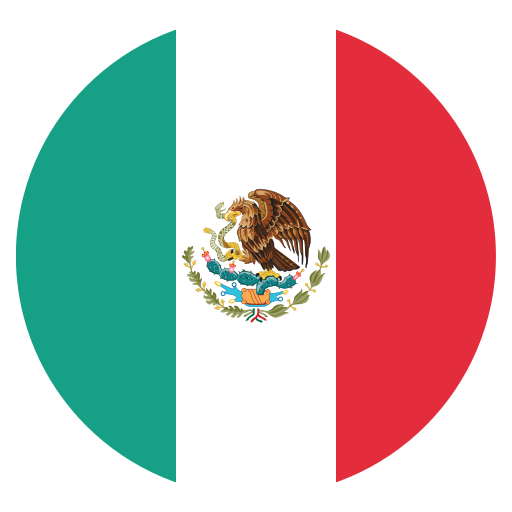In 2024, the 80th anniversary of the establishment of bilateral relations between Mexico and Canada will be commemorated. January 29, 1944, marked the beginning of diplomatic relations between the two countries, and over the decades, transcendent moments have been recorded.
One of these milestones is the Temporary Agricultural Workers Program, initiated in 1974 to address labor demand in the Canadian agricultural sector. During the XLIX Intergovernmental Evaluation Meeting held under this program, it was highlighted that in 2023, it benefited 26,039 Mexican workers, considering its expansion into the construction and tourism sectors.
Another notable achievement is the consolidation of the North American Free Trade Agreement (NAFTA) in 1994. This global treaty established rules for international trade and investment among Canada, the United States, and Mexico, replacing the Canada-United States Free Trade Agreement signed in 1988. NAFTA was signed by Brian Mulroney, George Bush, and Carlos Salinas de Gortari, entering into force on January 1, 1994.
It is crucial to recognize the strategic importance that Mexico and Canada, along with the United States, have played as key partners in the North American region. Their geographical proximity, dynamism, and the opportunity to exchange a wide variety of products have contributed to generating mutual benefits.
The international projection of Mexico and Canada establishes a crucial connection with two global trade blocs: the USMCA, of which both are part, and the Trans-Pacific Partnership, linking eleven nations from Chile to Singapore, including Japan and Peru. Both countries share a commitment to multilateralism, complementing each other in their diplomatic visions. Mexico serves as a natural gateway to Latin America, while Canada facilitates access to the Commonwealth and NATO groups.
Trade with Canada plays a highly relevant role in the Mexican economy. The Canadian market is significant for Mexican exports, surpassing any European or Asian country and ranking only behind the United States. In 2022, this trade represented more than $38 billion in imports and exports between both countries, surpassing exports to the entire Latin American region and being second only to exports to the United States and China.
Despite some challenges, it is essential to recognize that the relations between Mexico and Canada have not only generated economic benefits but have also contributed to private investment, job creation, the promotion of environmental policies and proposals, as well as cultural and industrial convergence. These improvements impact not only the commercial sphere but also the living conditions of the population.




